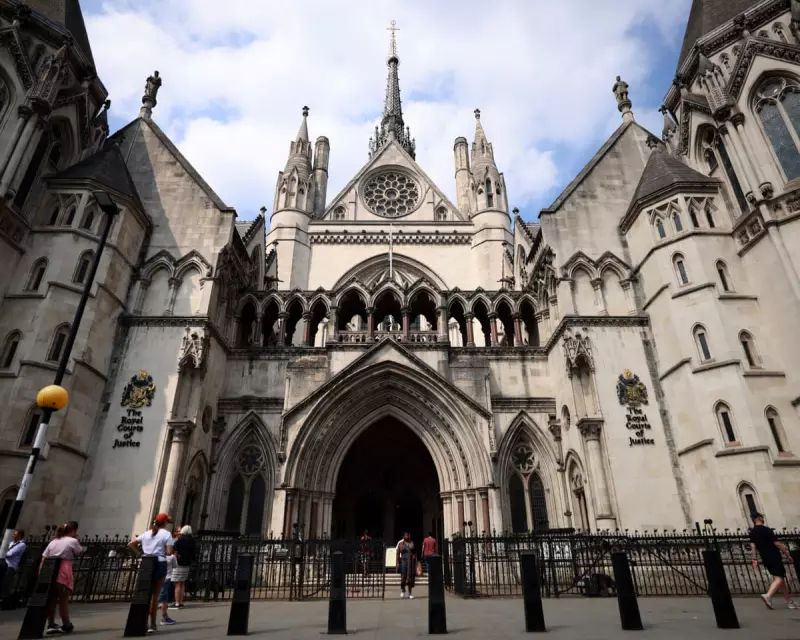
Major Overhaul of Contempt Laws Proposed to Combat Misinformation
The Law Commission of England and Wales has proposed significant reforms to contempt of court laws, aiming to address the dangerous 'information vacuum' that can develop online following high-profile incidents. The review, published after concerns raised by last year's Southport attack, recommends allowing more information about suspects to be published at earlier stages.
Key Changes to Publication Rules
Under the proposed changes, criminal proceedings would become 'active' only when a person is charged, rather than at the point of arrest as under current rules. This fundamental shift would enable authorities and media to publish details such as a suspect's name, age, nationality, ethnicity, religion or immigration status more freely before charges are laid.
The Commission emphasised that publishing such information 'will generally not create risk' of contempt, though each case must be assessed individually. Once proceedings become active after charging, the test for contempt would be whether a publication creates a 'substantial risk' that justice and a fair trial would be 'seriously impeded or prejudiced'.
Learning from the Southport Tragedy
The urgent need for reform became apparent following the devastating events in Southport on 29 July 2024, when three children - Elsie Dot Stancombe, seven, Alice da Silva Aguiar, nine, and Bebe King, six - were murdered. The attacker, Axel Rudakubana, 18, was later sentenced to a minimum of 52 years on 20 January 2025.
Merseyside Police faced significant criticism for not revealing Rudakubana's ethnicity when he was arrested. Within hours of the attack, misinformation spread online claiming the suspect was a 17-year-old asylum seeker who had arrived by boat. This misinformation contributed to widespread public disorder across the UK, leading to hundreds of prosecutions.
The Law Commission noted that contempt laws had 'helped to create an information vacuum into which misinformation, disinformation and counter-narratives could spread unchecked'.
Clearer Guidance for Police and Media
The Commission's approach reflects interim guidance already issued by the National Police Chiefs' Council and the College of Policing in August, which advised police forces to share suspects' ethnicity and nationality with the public. This came after authorities were accused of covering up offences committed by asylum seekers.
Professor Penney Lewis, the commissioner for criminal law, stated that the review found 'significant problems with coherence, consistency and clarity across civil, criminal and family courts'. She added that the reforms would 'make contempt law fairer and more predictable' for the public, media and court participants.
The News Media Association welcomed the proposals, with director of legal affairs Sayra Tekin emphasising the importance of 'timely, reliable access to information for journalists' to maintain public confidence in the judicial system.
With more than 100 people receiving prison sentences for contempt of court each year, these reforms aim to create clearer boundaries while maintaining the integrity of legal proceedings. The government will now consider which recommendations to implement, with Part Two of the report covering powers and procedures due in 2026.





